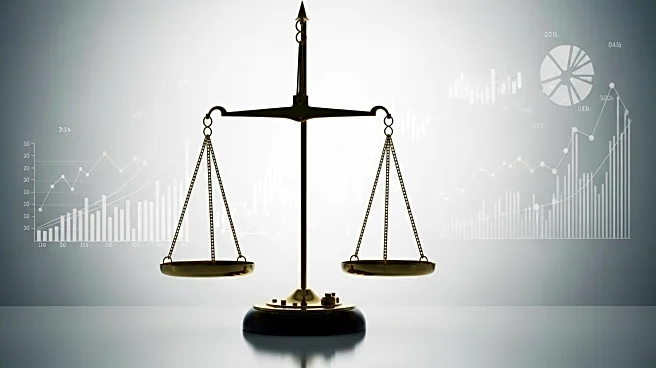What's Happening?
The reliability of U.S. economic data is under scrutiny due to declining participation rates in government surveys and chronic underfunding of data-gathering agencies. The Bureau of Labor Statistics recently revised its jobs data, revealing a significant discrepancy in reported job additions. This situation is compounded by the government's reliance on outdated methods and the slow release of key economic metrics, which are crucial for business and policy decisions.
Why It's Important?
Accurate economic data is vital for informed decision-making by businesses and policymakers. The current challenges in data collection and analysis could lead to misguided policies and economic strategies, affecting employment, investment, and overall economic stability. The reliance on outdated methods and the lack of integration of real-time private data sources further exacerbate these issues, potentially skewing the understanding of economic conditions.
What's Next?
There is a growing call for the government to incorporate real-time private data sources to enhance the accuracy and timeliness of official statistics. This integration could improve the credibility of economic data and support more effective policy-making. However, concerns about the reliability and transparency of private data sources must be addressed to ensure their effective use.
Beyond the Headlines
The challenges in economic data collection reflect broader issues of technological adaptation and resource allocation within government agencies. Addressing these challenges could lead to significant improvements in government efficiency and public confidence in economic data.










